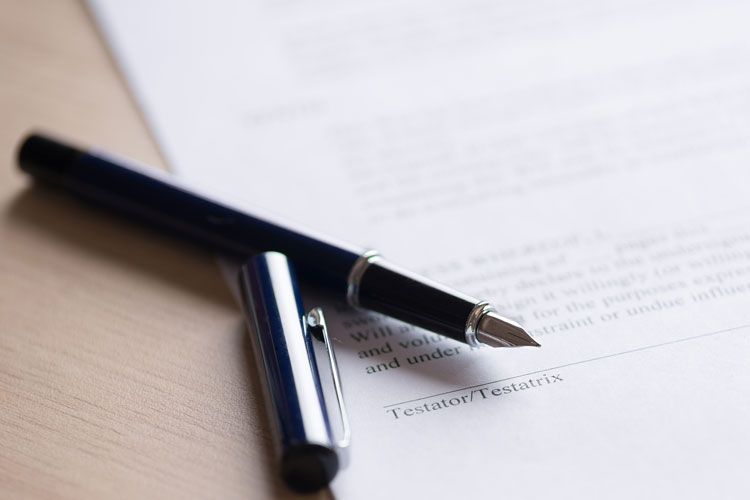What Are The Duties And Responsibilities Of An Executor For Your Estate?
The general role of the Executor is to follow the instructions of the Will, primarily in terms of distributing assets to named beneficiaries.

Depending on the size and complexity of the estate, there can be other duties in addition to asset distribution. Whatever the size of the estate, though, the executor is generally responsible for carrying out the following actions:
- Managing the estate, which can include taking an inventory of assets, protecting certain assets, or selling certain assets.
- Representing the estate in any probate proceedings, which includes filing the will with the probate court and determining whether the estate is eligible for a streamlined probate process.
- Determining who the deceased’s inheritors are and properly distributing assets to those inheritors.
- Paying debts and taxes, including notifying creditors of the probate proceeding, and a filing a final tax return on behalf of the deceased.
- Setting up a bank account for any money that is owed to the deceased and delivered after death, such as final paychecks, stock dividends, or payment of debts owed to the deceased.
- Paying any ongoing expenses, such as making any payments on utilities, a mortgage, or insurance premiums.
Working With Professionals To Settle The Estate
While the executor is responsible for the completion of these tasks, the executor does not have to be the only person working on completing these tasks. For example, the executor may hire an attorney to help with probate proceedings, or an accountant to help with handling financial matters. In many cases, provisions can be made in the will to pay for the engagement of these types of professionals.
Duties Of An Executor Before A Death Has Occurred
An executor has no duties or responsibilities before a death has occurred. However, you may want to discuss the nature of your estate with the person you've chosen to be your executor. This can help the person you've named as your executor feel prepared for the job, and ask any questions or express any concerns ahead of time.
For advice on how to choose an executor, see our article How To Choose An Executor.
- Trusts Cheat SheetTrust us when we say this is as basic as we can make Trusts.Read more
- All You Need To Know About Advance DirectivesWhen you can’t make health decisions for yourself, this is the north star...Read more
- How To Create A Do Not Resuscitate Order (DNR)A DNR is a medical order that states you don't want cardiopulmonary...Read more
- How Organ Donation WorksIf the person who died was a registered organ donor, measures will be taken...Read more



